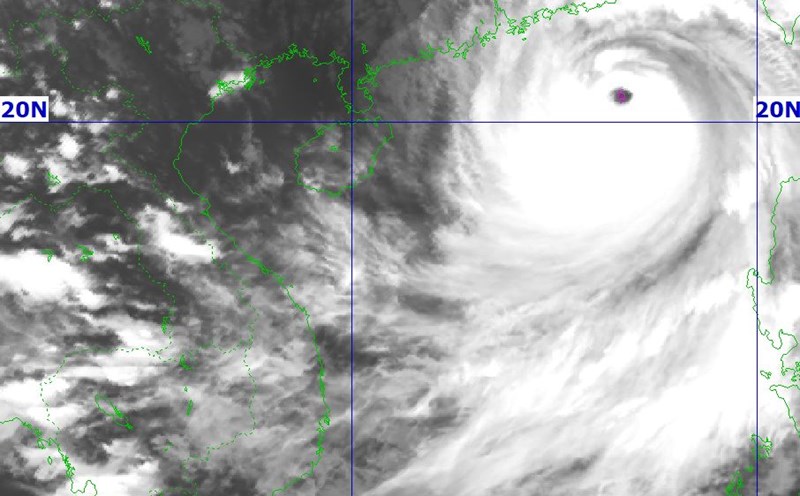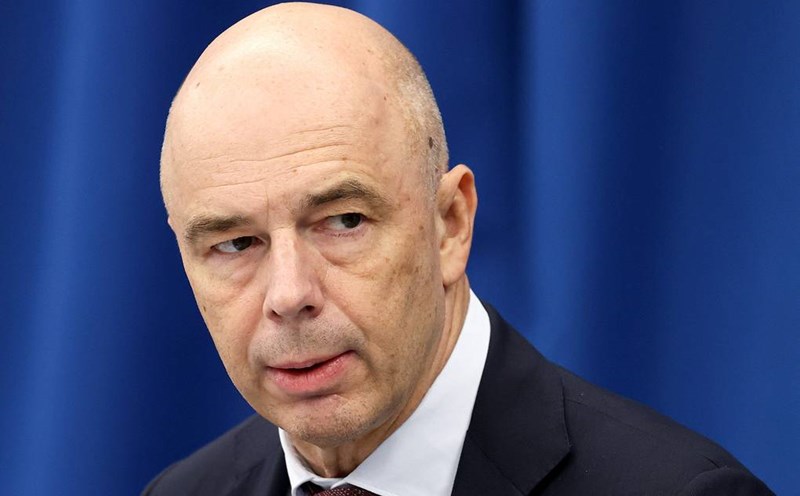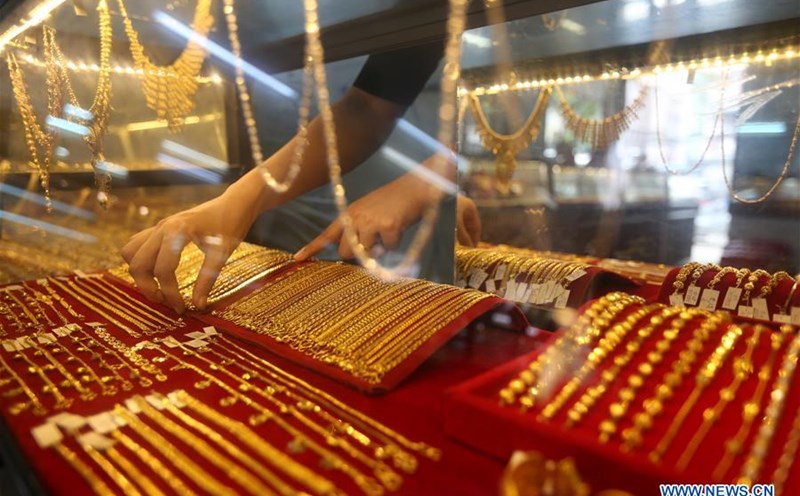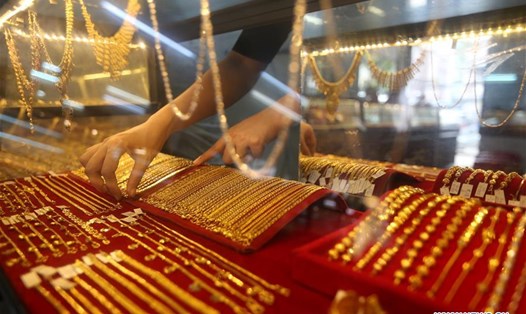The aim is to turn China into a new gold storage and trading hub, competing directly with London (UK) and New York (USA).
Bloomberg reported that the People's Bank of China (PBoC) plans to use the Shanghai Gold Exchange (SGE) to attract central banks of other countries to buy physical gold and store it in China.
This move is seen as an ambition to expand China's influence in the international gold market, which has long been dominated by Western financial centers.
Currently, China is both the world's largest gold producer and a net importer, and a major customer of gold. The People's Bank of China (PBoC) has continuously increased its reserves, buying an additional 2 tons in July alone, bringing the total official gold volume to about 2,300 tons. Since the beginning of the year alone, China has added 21 tons of gold to its national reserves.
Expert Adrian Ash - Research Director at Bullion Vault - commented that PBoC is eager to change the reality that SGE is still mainly serving domestic demand. To become a global gold center, China needs three steps: Gold reserves are ready for lending and depositing activities to form a gold banking market.
Loosening gold export control to narrow the price gap between domestic and international markets.
For the yuan to freely convert, this is a key condition but there is currently no sign that Beijing will do so.
Last June, SGE opened a gold delivery warehouse in Hong Kong (China) and listed gold delivery contracts here.
However, according to analysts, a major barrier to this initiative is the confidence of countries when sending gold reserves outside their territory. Felipe Barragan, an expert at Pepperstone, said that Beijing's desire to become the "golden household" of countries is a clear sign of the ambition to reduce dependence on the Western financial system.
Meanwhile, world gold prices continue to escalate. The world gold price was listed at 11:45 p.m. on September 23 at 3,773.1 USD/ounce. December gold delivery price on Comex was at a record high of 3,815.7 USD/ounce.
The demand for central banks, including China, is considered one of the main pillars to support gold prices in the long term.
Analysts say that if Beijing successfully turns itself into an international gold exchange, the balance of power in the gold market could shift significantly from the West to Asia.
Regarding domestic gold prices, as of 9:00 a.m. on September 24, the price of SJC gold bars was listed by DOJI Group at 132.8-134.8 million VND/tael (buy in - sell out).
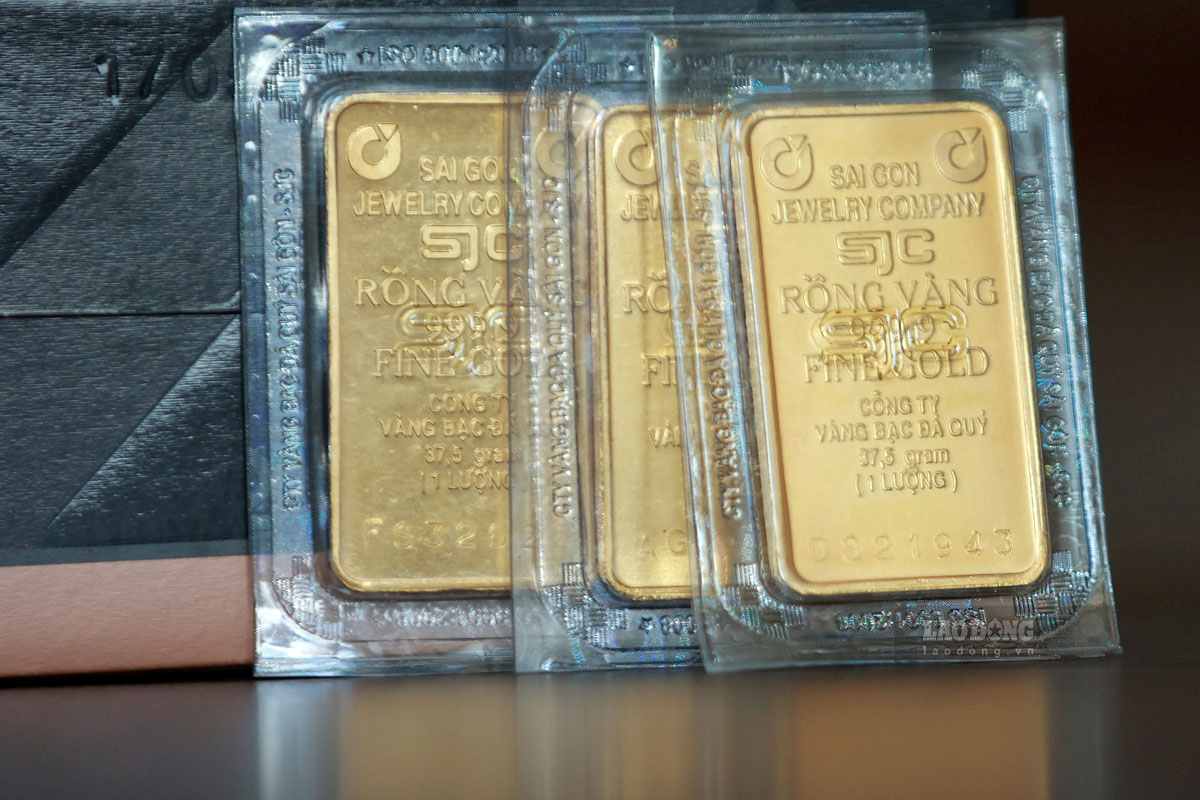
Bao Tin Minh Chau: 132.8-134.8 million VND/tael. Phu Quy Gold and Gemstone Group: 132.3-134.8 million VND/tael.
Regarding the price of gold rings, DOJI Group: 128.5-131.5 million VND/tael (buy in - sell out). Bao Tin Minh Chau: 129.2-132.2 million VND/tael. Phu Quy Gold and Gemstone Group: 128.8-131.8 million VND/tael.

